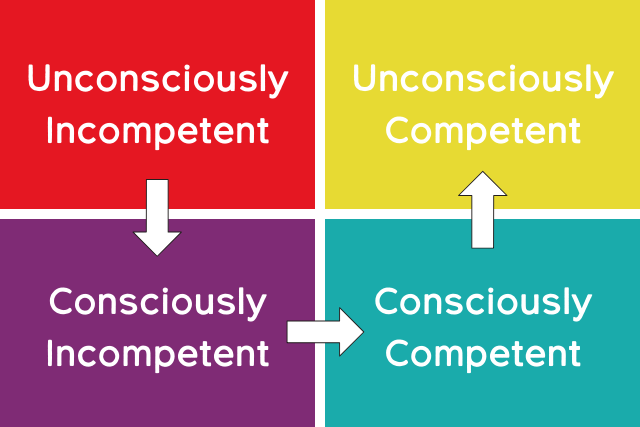Too many new leaders also “have it all wrong,” at least in terms of how they view their new roles. They think of leadership as the next step in their ascent, one that represents an increase in responsibility and authority but not one that necessarily demands change in their core thinking and approaches. In truth, to assume a leadership post is to enter into a whole new professional arena.
Before assuming this new position, accomplishment was all about you and your performance. You worked hard to achieve success and hoped that you would get noticed and promoted. Time and effort were invested in self-promotion, with the understanding that your success would translate into the next step that you desired. Once you become a leader, however, achievement is measured by your ability to grow others, to make the people who work for you more capable and more confident. The game is no longer about you winning. It’s your team that must win for your term as leader to be deemed a success.
Read More









